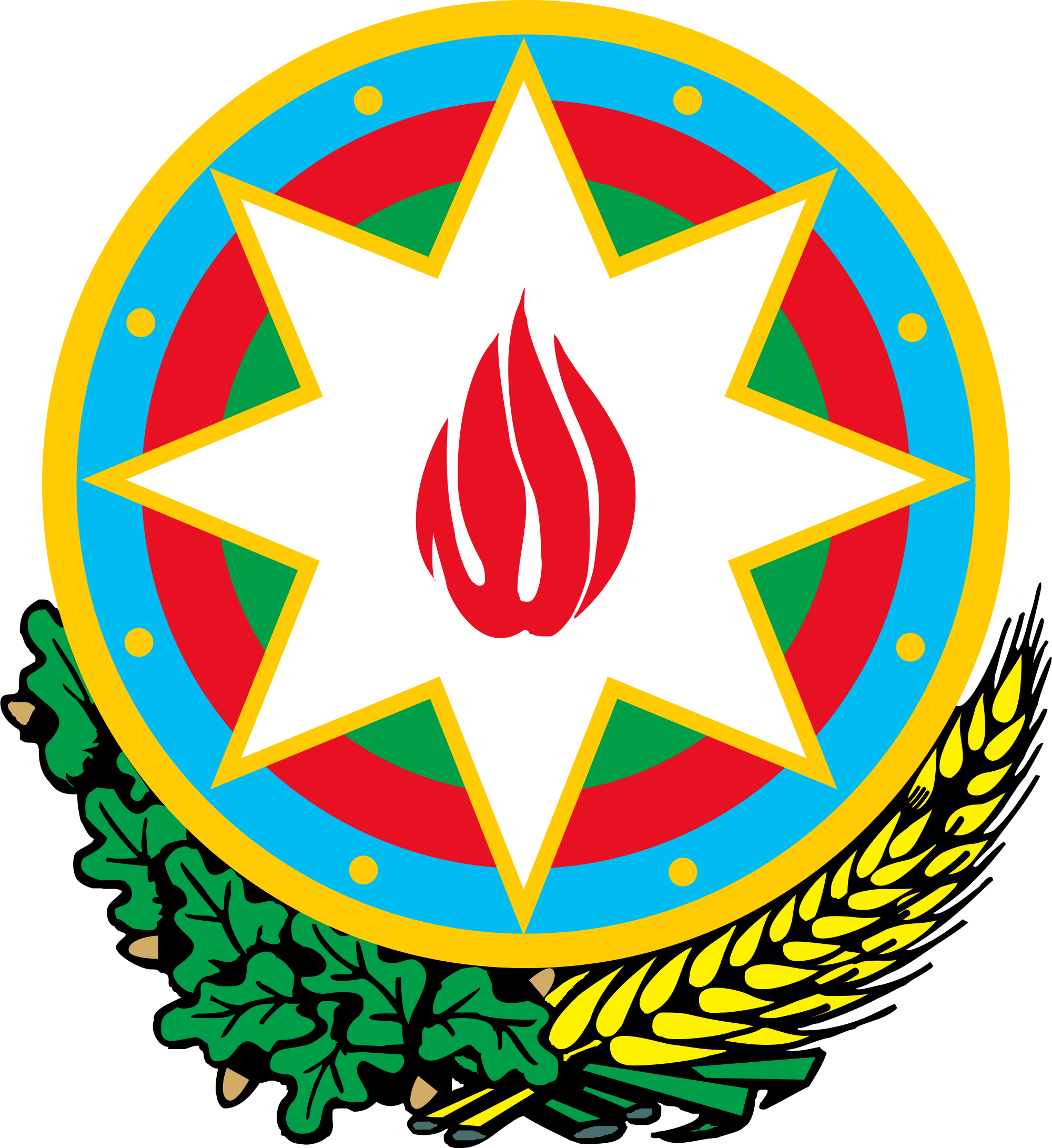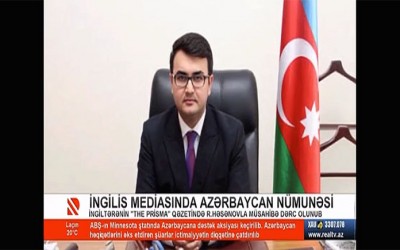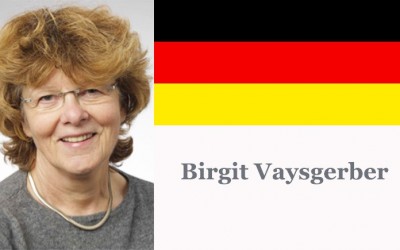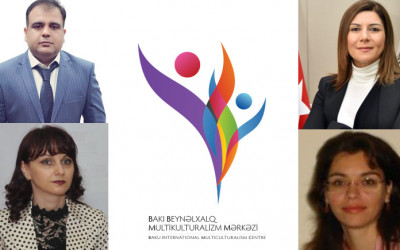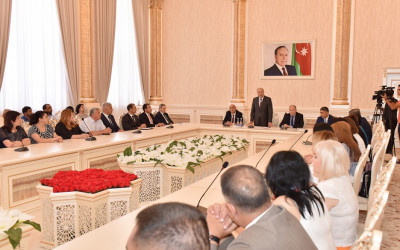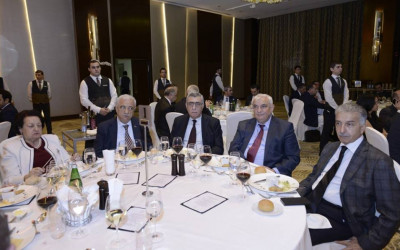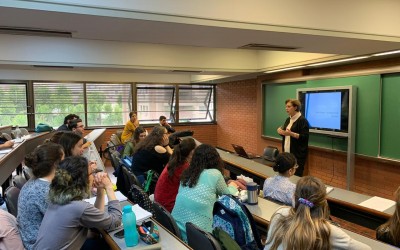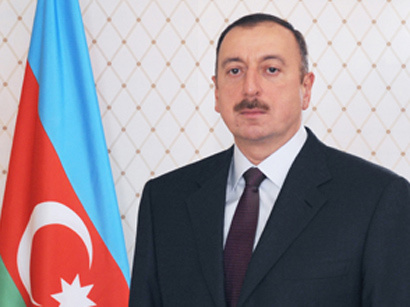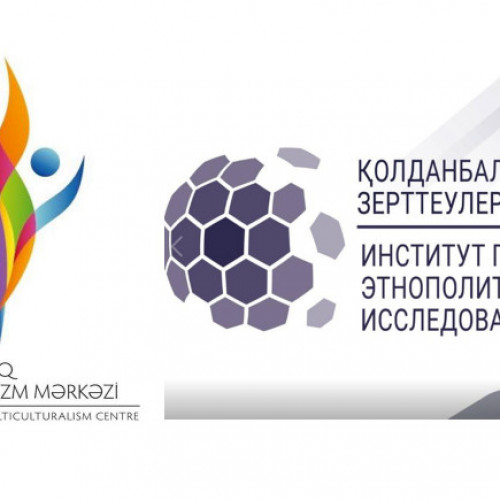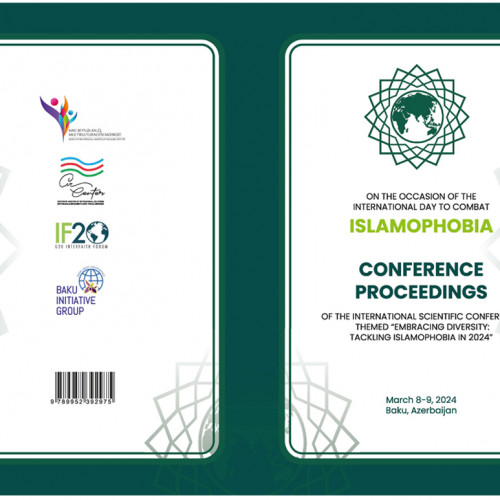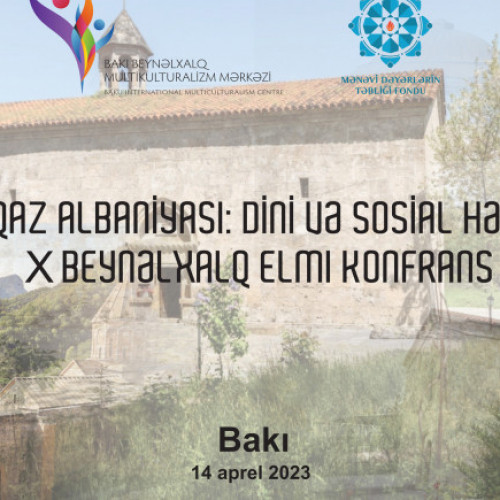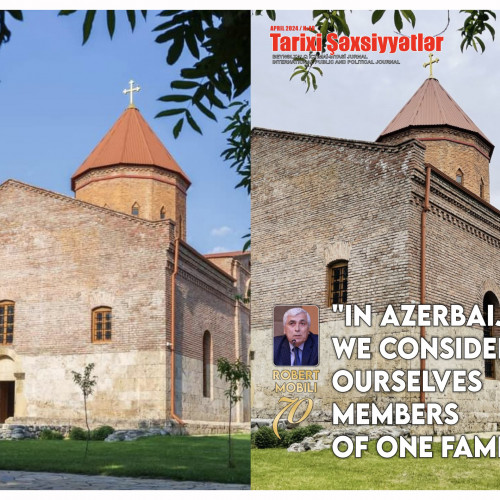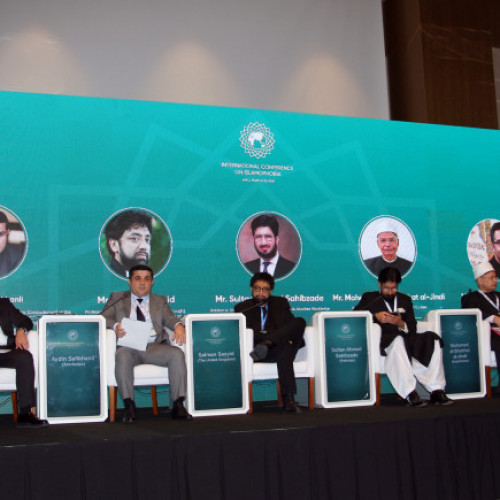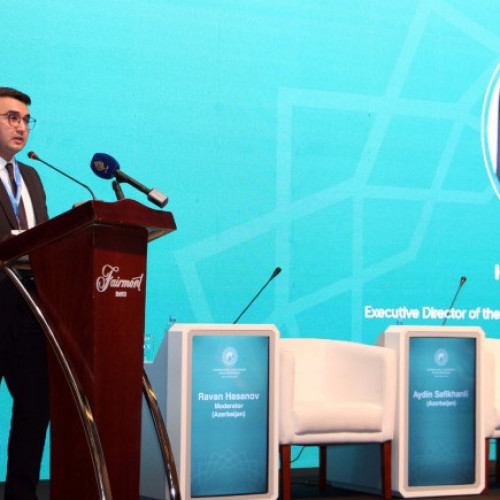Azerbaijan’s approach to religion is relevant and successful
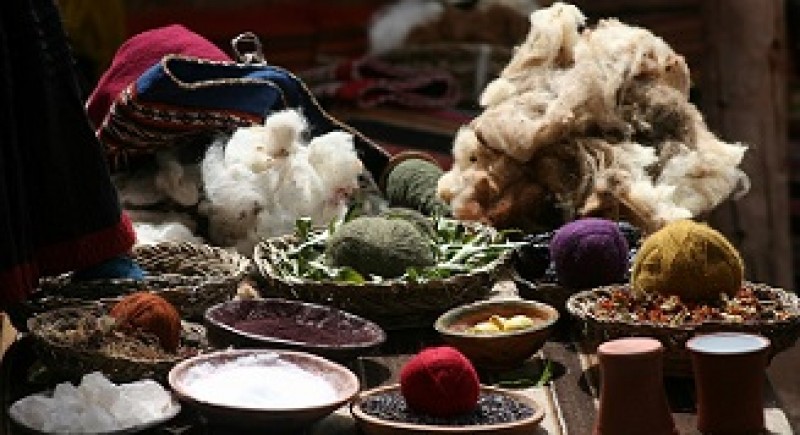
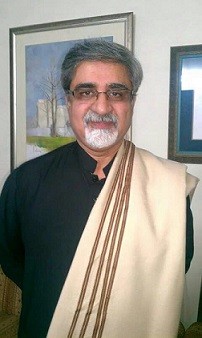 Ehsan has conducted art and drama competition amongst school, college and university students for the awareness of various aspects, for example environment, healthcare, anti-terrorism and social awareness – (as per government policies).
Ehsan has conducted art and drama competition amongst school, college and university students for the awareness of various aspects, for example environment, healthcare, anti-terrorism and social awareness – (as per government policies).
He has also arranged art festivals, designed a Punjab pavilion which included stalls of different artisans at work, folk dancers and folk singers, a cultural exchange program in different countries and delivered lectures on Arts in different educational institutions.
Naeem Ehsan received appreciation and a shield from the President of Pakistan and retired as a director in the Punjab Arts Council government of Punjab in 2017.
We build bridges between really bright people. We empower each other and value diversity, celebrate and reward its successes. What experience do you have in this field of study?
I completed my matric and intermediate from Government pilot high school and then I did my bachelors in graphic design from Punjab University and I did my masters in graphic design also from Punjab University. Intercultural dialogue is to learn to live together peacefully and constructively in a multicultural world and to develop a sense of community and belonging. It can be used as a tool for the prevention and resolution of conflicts by enhancing the respect for human rights, democracy and the rule of law and the intercultural dialogue can be between any members of society.
Intercultural dialogue in practice means: to share visions of the world; to understand and learn from those that do not see the world with the same perspective as we do; to identify similarities and differences between different cultural traditions and perceptions. Thus, it will help to maintain harmony and equality in society.
Is there a concept among the cultural event’s participants that you were particularly impressed by?
The activities that include intercultural dialogue can be to achieve a consensus that disputes should not be resolved by violence, but instead to manage cultural diversity in a democratic manner, by making the necessary adjustments to all types of existing social and political arrangements and to bridge the divide between those who perceive diversity as a threat and those who view it as an enrichment.
This involves equal dignity of all participants, voluntary engagement in dialogue and a mind-set (on both sides) characterized by openness, curiosity and commitment, with the absence of a desire to “win” the dialogue which can be helpful in reinforcing the objective of intercultural dialogue. In my opinion the major challenge to develop interculturalism is to have equal self-respect and a willingness to accept the similarities and differences of different cultures.
What are the negative effects of cultural issues in the countries you visit? What have you learned from working with diverse populations?
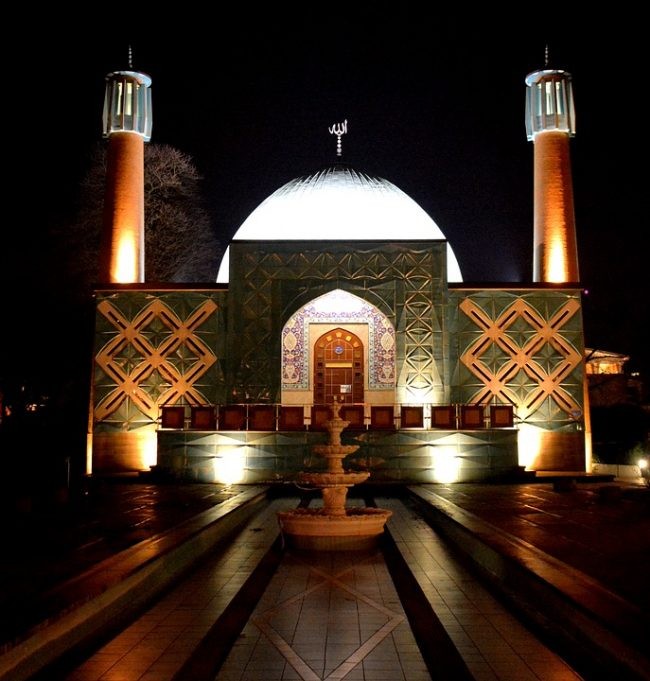 Intercultural dialogue emphasizes both similarities and the differences of our cultures. In interreligious dialogue we acknowledge that human beings of all faiths share certain experiences, needs and longings.
Intercultural dialogue emphasizes both similarities and the differences of our cultures. In interreligious dialogue we acknowledge that human beings of all faiths share certain experiences, needs and longings.
We also acknowledge that we are different from each other in many respects and will remain different. Christianity, Islam and Judaism are part of European history. Today other great religious traditions have also found a place in the continent. In every town or village in Europe there is at least one house of worship for all the people belonging to different religious groups.
What policies do you think bring the greatest hope for arranging the cultural program interests in different societies?
There are a lot of values of Arab African regions which clearly contradict with the human rights and democracy policies such as treating women as second-class citizens, female genital mutilation, honour crimes and child marriage.
In what ways have you integrated cultural issues as part of your professional development?
The danger of cultural homogenization is the disadvantage in cultural globalization. Cultural homogenization refers to the reduction in diversity of culture through popularization and diffusion of a wide array of cultural symbols. It also can eliminate the cultural diversity. So, these reasons have contributed in making people more defensive and tense in response to this recent globalization.
How has diversity played a role in shaping your social style?
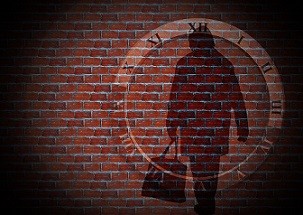 In my job religion and culture have always played an integral part, as all the exhibitions or the cultural shows that I have organized helped in portraying what our culture and religion is and showed how distinctive it is from other cultures.
In my job religion and culture have always played an integral part, as all the exhibitions or the cultural shows that I have organized helped in portraying what our culture and religion is and showed how distinctive it is from other cultures.
Could you please describe the procedure of the appreciation and shield form award of the Pakistan President?
Islam advocates living in peace with God – the Creator and Lord of all that exists. As well as, seeking peace within our own selves, and living in peace with other human beings, and in peace with our surroundings and environment in its entirety.
What innovations do you hope for regarding future working?
What motivates me the most is the determination to strive hard and being able to succeed in life and never give up. Also, to help others and be a valuable member of the society.
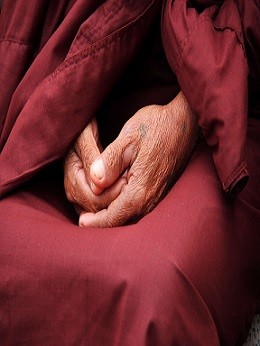 As everybody knows, multiculturalism has failed in a number of countries around the world, but the Azerbaijan Republic has declared it as a state policy. President of the Republic of Azerbaijan Ilham Aliyev has declared 2017 the Year of Islamic Solidarity in the country. Islamic solidarity is a natural extension of the multicultural environment in Azerbaijan. Do you have further views and suggestions about this issue?
As everybody knows, multiculturalism has failed in a number of countries around the world, but the Azerbaijan Republic has declared it as a state policy. President of the Republic of Azerbaijan Ilham Aliyev has declared 2017 the Year of Islamic Solidarity in the country. Islamic solidarity is a natural extension of the multicultural environment in Azerbaijan. Do you have further views and suggestions about this issue?
Azerbaijan’s approach to religion is more relevant and more successful as people will become more cognizant of different cultures and religions and they will respect each other and learn to become a nonviolent society. Moreover, they would also set a good example of a just and balanced multicultural society for other countries to follow.
*Umer Irfan: Research Manager, International Multicultural Network – Khayala Mammadova: Head, International Multicultural Network.

